In this article
You may have seen your domestic mama cat move her kittens more than once, and the same behavior is common for feral mother cats. Feral cats will move their kittens for various reasons. If the mother cat is unsatisfied with the feel and safety of the nest, she will move her kittens repeatedly until she’s satisfied with the living conditions and feels that the nest is safe.
Instinctively, many mother cats will relocate their kittens at least once. They do this once the kittens are 3–4 weeks old. It is thought that they do so because after a while, the quality of the nest may no longer be ideal. However, if the mother cat feels safe and the nest has everything that she and the kittens need to survive, she might not move them at all and will wean them where they are. Clean bedding, food, water, and privacy are all things that a feral mother cat requires.
If the conditions are bad, such as a dirty environment with little access to food and water, the mother cat will move her kittens as often as possible to keep them safe, clean, and secure. Let’s talk more about feral cats and kittens and why they move them.
Why Do Feral Cats Move Their Kittens?
As with humans and other animals, a feral mother cat’s maternal instinct is typically very strong. Here, we give you a few more reasons that feral cats move their kittens.
- The nest is dirty or otherwise a mess.
- The nest isn’t secure or safe.
- The nest isn’t private enough.
- She smells another animal close to the nest.
- The kittens need a larger area to continue growing.
- Water and food have become harder to find.
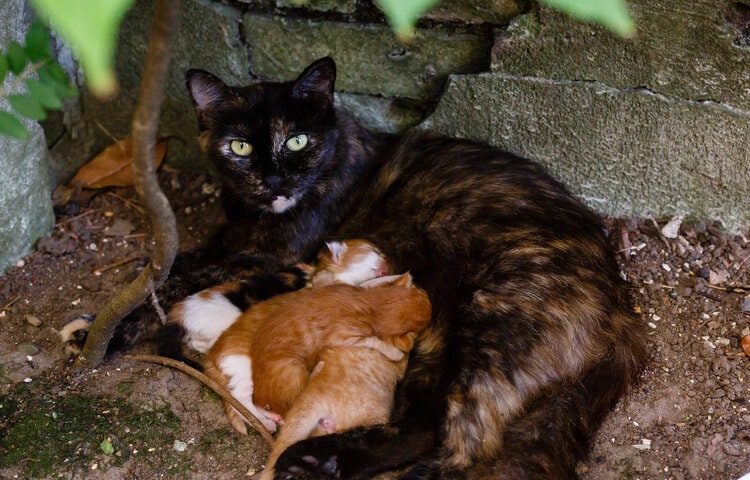
Why Would a Feral Mother Cat Walk Away From Her Kittens?
Cats usually wean their kittens when they are 6 to 8 weeks old. However, there are some instances when a mother cat leaves her kittens before that time.
Instincts Haven’t Kicked In
Sometimes, a mother cat’s instincts never kick in, and she just walks off and leaves her offspring behind. For example, a first-time mother could walk away from her newborns and abandon them if she goes into estrus again. This is very dangerous for the kittens, as they can’t survive independently and will die quickly in the wild.
She Is Lost and Can’t Get Back
A feral mother cat may wander off to find food or a safer place to take her kittens and be unable to find her way back due to unforeseen circumstances (such as a sudden rainstorm, noise that spooks her, fights with other cats, and so on). She may be trapped and relocated by a human; either way, she won’t be able to find her way back to her litter.
She’s Been Injured or Killed
Another reason a feral mother cat may seem to have abandoned her kittens is if she’s been injured and can’t get back to them. Sadly, the mother cat faces numerous dangers in the wild. For example, she could be attacked by a predator, consume pesticide, or get struck by a car.
The Mother or Kittens Are Ill
When kittens are born, they have no immune system and receive passive immunity from their mother’s milk. If they don’t receive adequate milk from their mother, their immune system may be compromised, so the mother may have to abandon a sick kitten to save the other kittens in the litter. By the same token, if the mother cat is ill, she may not be able to hunt, provide for, and feed her kittens and may choose to abandon them.
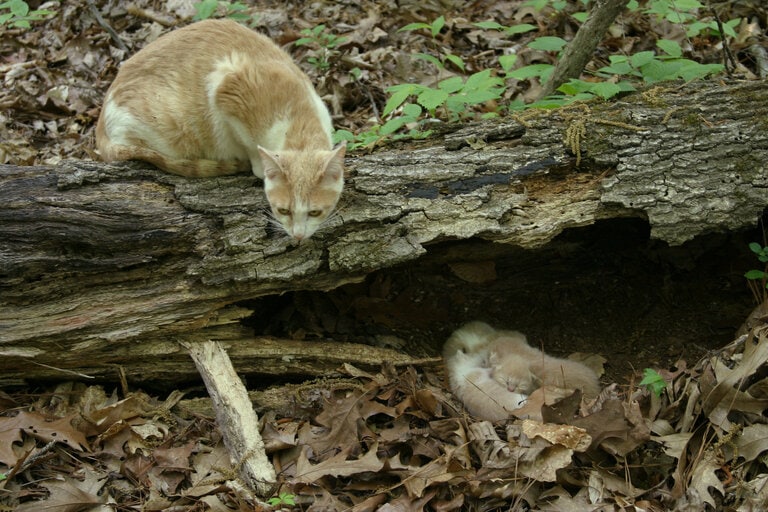
What Can You Do to Help?
If you find a group of feral kittens whose mother seems to have abandoned them or even a sick kitten, you can do a couple of things to help and save the litter.
- If you have the space and the resources, you can try taking care of the kittens yourself, but remember, that is a huge undertaking, and they might not make it to adulthood.
- You can contact a local animal rescue organization to get the feral kittens and nurse them to adulthood.
- You can also find a foster mother cat that can feed the kittens.
Whichever option you choose, it’s essential to get help for the kittens right away, as they can’t make it for very long on their own. If you keep the kittens, you’ll need a veterinarian’s help to feed and care for the cats. If the mother leaves the litter before they can eat solid food, you’ll need to follow the vet’s instructions carefully if you have to give the kittens a liquid diet from a syringe. Also, they’ll need full checkups and vaccinations before settling into your home.
If you need to speak with a vet but can't get to one, head over to PangoVet. It's an online service where you can talk to a vet online and get the advice you need for your pet — all at an affordable price!


Wrap-Up
Feral mother cats move their kittens to ensure they are warm, safe, and dry and can find food and water themselves. It’s more challenging and dangerous for feral cats because they are trying to protect their young ones in the wild, whereas domestic cats have the comfort of a home to raise their kittens.
Like humans, mother cats only want the best for their kittens and will do whatever it takes to make that happen. If you find a litter of kittens that looks like they’ve lost their mother, it’s best to take the kittens to the vet to be examined, and the vet will recommend the best course of action for taking care of them. If you cannot keep the kittens, try calling a local animal rescue to take care of them.
Featured Image Credit: Petrik Ondrej, Shutterstock
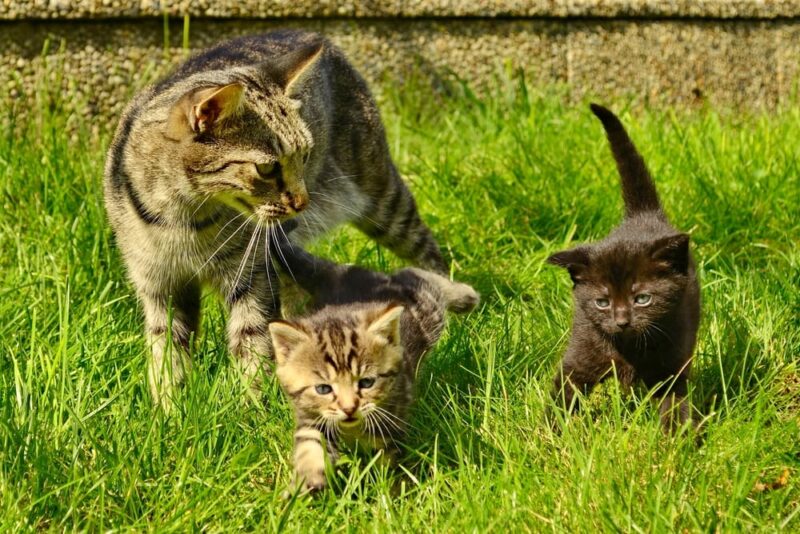

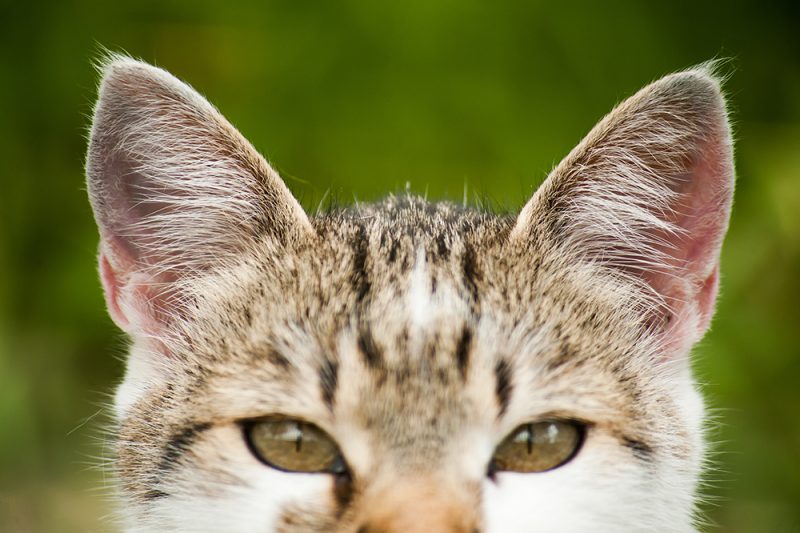

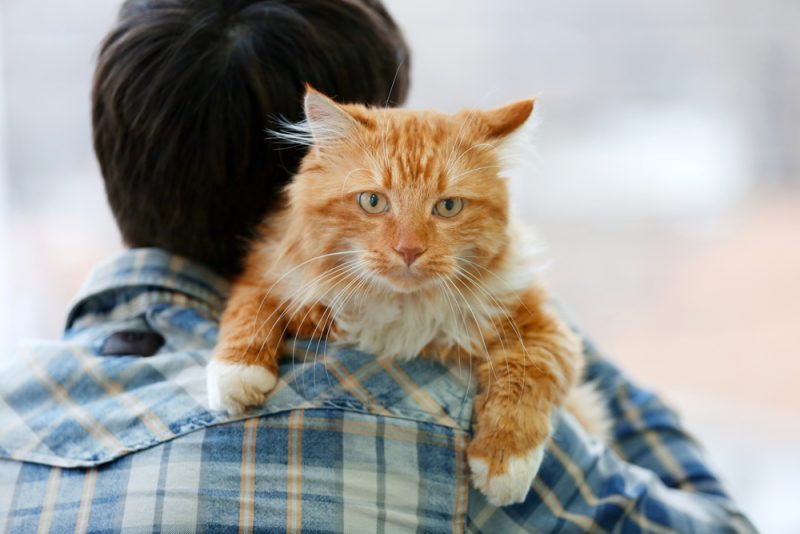
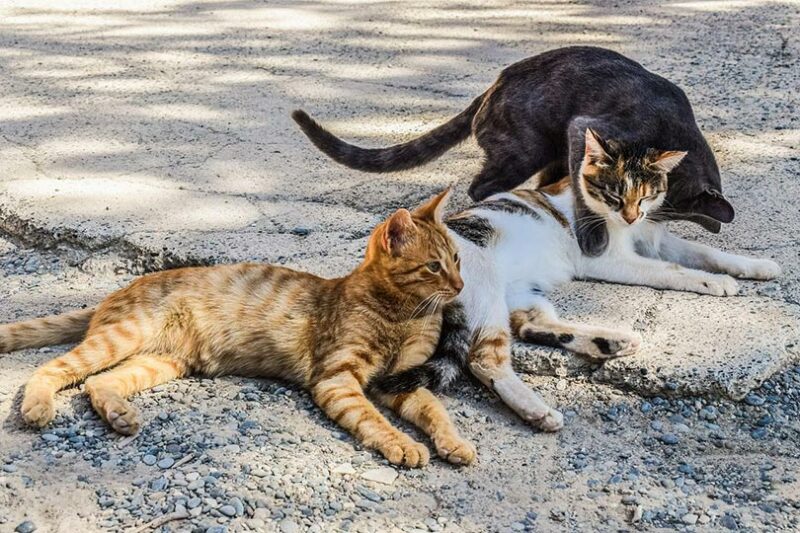
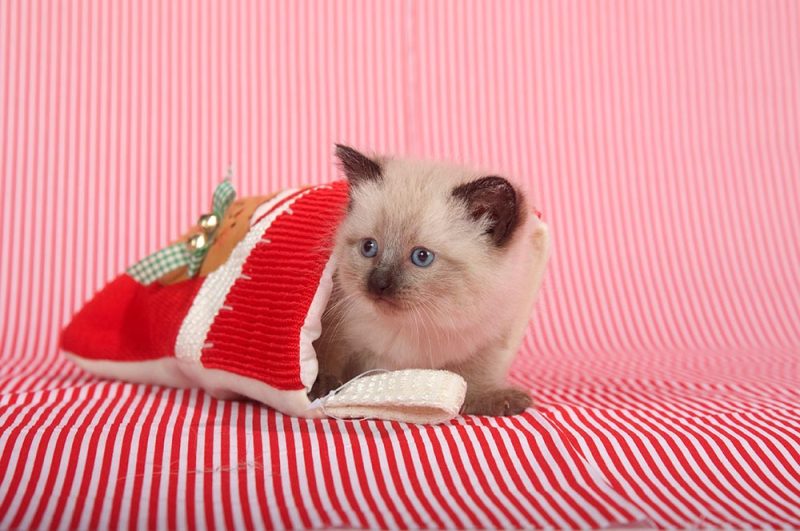

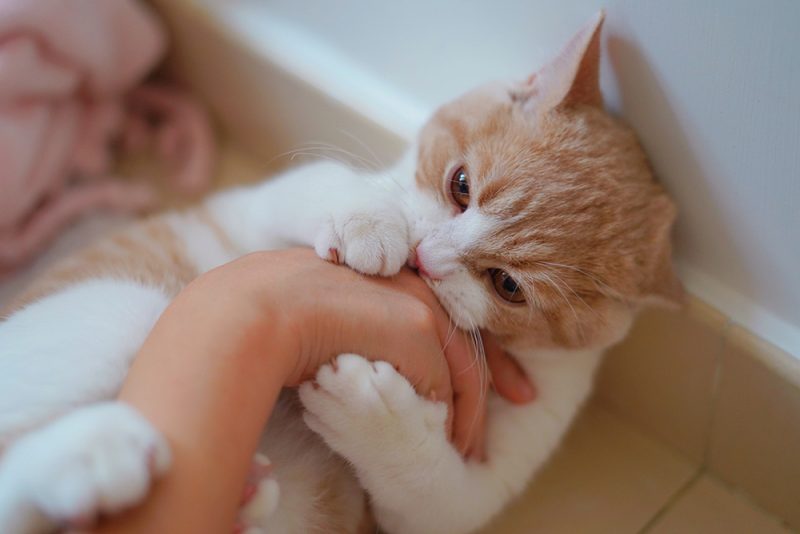


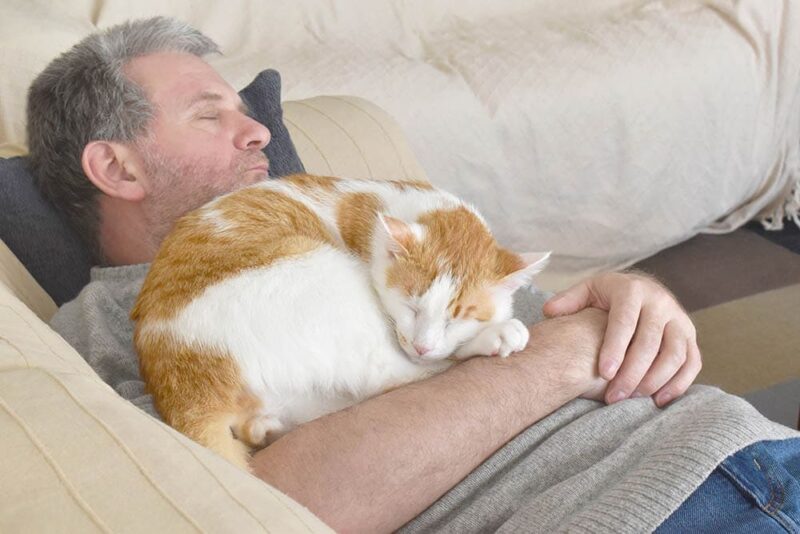

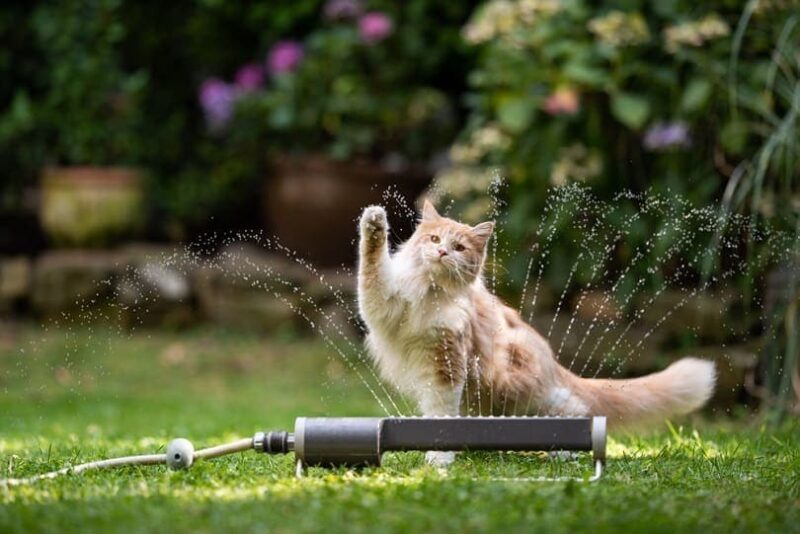

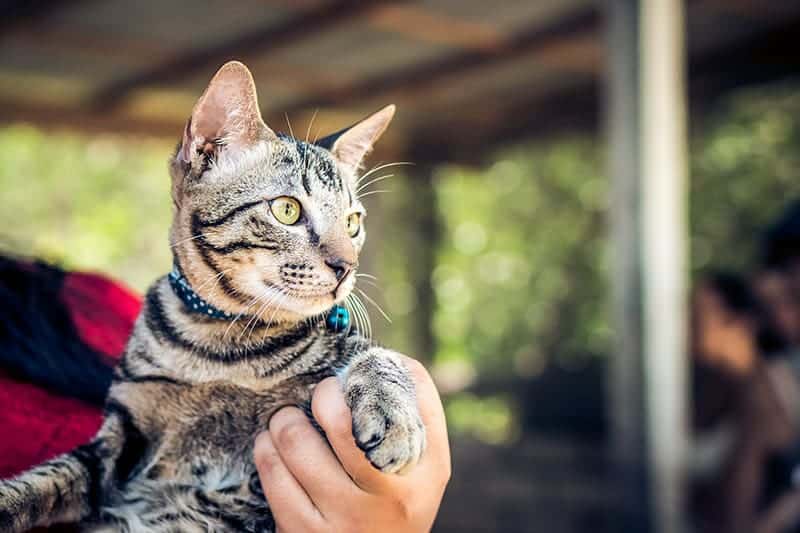





2 Responses
why does my cat chew on paper? i find mail i have left on the countertop or on my desk chewed up and have seen him do it!is it instinct,fun,playfulness or is there some element in paper that makes their teeth or mouth feel great??thanks
Hi MARY SUSAN WATKINS, you know cats can develop several unusual behaviors. To better understand the possible reasons you may be interested in reading: https://www.catster.com/cat-behavior/why-does-my-cat-eat-chew-paper/
Additionally, if you wish to get personalized advice and tips to fix this behavior, please feel free to contact www.pangovet.com